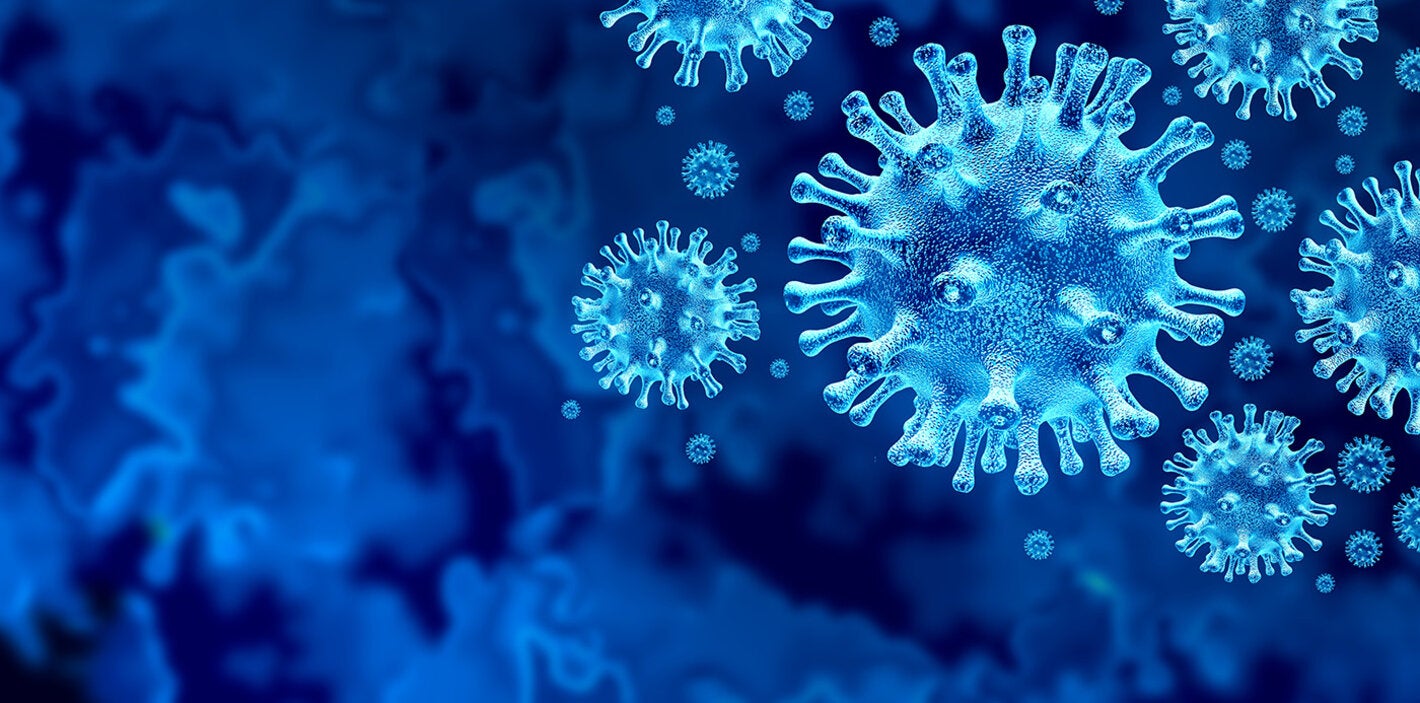
Washington, DC, April 17, 2020 (PAHO)—The Director of the Pan American Health Organization (PAHO), Dr. Carissa F. Etienne and top PAHO experts briefed national health authorities in the Americas on the current status of the novel coronavirus COVID-19 pandemic response, in two virtual sessions that were convened earlier this week. The discussions focused on social distancing measures, diagnostics, therapeutics, use of masks, and vulnerable populations.
Dr. Etienne reiterated that the organization was committed to bringing its expertise and support to every country in order to combat this pandemic. “We are engaged in the most important battle that we have had to fight during that last 100 years,” she said.” This is the time to redouble our efforts and to show our solidarity,” Etienne told health authorities.
As of April 17, 784,272 confirmed cases of COVID-19 have been reported, with 35,742 deaths in the Americas. The majority of cases have been registered in North America, where 702,286 cases and 32,120 deaths have been notified, while 68,913 cases with 3,084 deaths have been recorded in South America. Thus far, PAHO officials have indicated that 5,518 cases have been reported Central America, while the Caribbean countries have notified 7,555 cases with 367 deaths.
Two experts from Spain, Manuel Muniz and Miguel Hernan, briefed ministers on their country’s experiences and lessons learned in responding to the COVID-19 pandemic. Muniz informed that Spain was continuing its strict social isolation measures at least until April 26, and would only relax these carefully and gradually, continuously evaluating testing data to guide the relaxation process. The experts described their criteria for moving through that transition, with measures that will vary in intensity as the situation changes. They noted that this process could last for up to 18 months or more.
The main thrust of PAHO activities in the region is to save lives, protect health care workers, and reduce transmission of COVID-19 by testing and detecting cases, tracing and isolating them, and using quarantine to prevent further cases. PAHO’s extensive response to the pandemic has centered on supporting countries with technical guidelines, training, supplies, and information.
Key topics in the response
During these meetings, PAHO experts presented five technical papers on aspects of the pandemic such as social distancing measures, diagnostics, therapeutics, use of masks, and vulnerable populations.
In an overview of social distancing measures, it was noted that thanks to a timely implementation of community-wide social distancing measures, many countries were experiencing transmission scenarios that allowed the health services to operate within their capacity. However, a transmission to less stringent measures should be undertaken with extreme caution and in accordance with objective criteria and evidence.
In its paper analyzing the current status of rapid tests and other diagnostics, PAHO noted that most countries did not have enough testing capacity, thus “preventing efficient management of public health measures and timely access to health care.” Countries must scale-up testing as a priority, and PAHO is working with manufacturers to make tests available through its Strategic Fund as well as monitoring new types of antibody tests to assess which can play a role in the adjustment of public health measures.
On suggested therapeutics, PAHO’s paper noted that none have yet proven effective and additional trials and research are needed, concluding that “countries are encouraged to invest available resources in improving the standard of care guided by the list of essential medicines and medical devices that PAHO is recommending for care of COVID-19.”
PAHO addressed the specific need of vulnerable populations such as indigenous groups in another paper that focused on their challenges in access to health and information and recommended the adoption of culturally appropriate prevention measures in collaboration with indigenous leaders and engagement of traditional healers.
A scientific paper on the use of masks was also discussed with the ministers. It reviewed the current knowledge as well as the current global stockpile of masks, concluding that demand for masks “cannot be met, especially if there continues to be widespread inappropriate use. It is therefore critical that medical masks and respirators be prioritized for health care workers.” It noted that masks may give a false sense of security to people, and that countries should emphasize hand hygiene and respiratory etiquette, developing communications strategies to explain recommendations on masks.
PAHO’s Assistant Director, Dr, Jarbas Barbosa, said “This is a new and rapidly spreading virus, and it is key that health professionals have confidence” by being protected against the virus with adequate personal protection equipment.
Dr. Ciro Ugarte, who heads PAHO’s Health Emergencies department, told ministers, “The speed of this pandemic is faster than the scientific information about the virus,” stressing PAHO’s role in disseminating the most recently available information. He said it was important for health authorities to focus on vulnerable populations both in rural areas and in crowded cities, where sustained transmission of COVID-19 could have a large impact.
The Incident Manager for COVID-19, Dr. Sylvain Aldighieri, outlined PAHO’s key early role in supplying countries with the reagents and other materials needed to perform testing for COVID-19, noting that staff from 29 national laboratories had been trained by PAHO in testing procedures. He said the organization has supported countries to obtain shipments of PPEs, and COVID test kits, among other actions.



